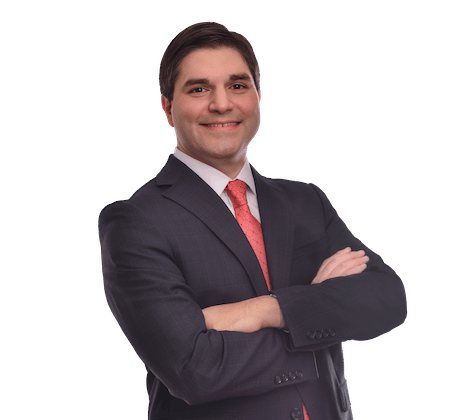On November 1, 2017, the U.S. House of Representatives passed two bills designed to further ease the use of U.S. capital markets and better enable U.S. capital formation. We expect the U.S. Senate to pass the bills once they reach the floor of that chamber and, given the Trump administration’s stated desire to enhance and ease U.S. capital formation, we expect both bills to be enacted into law in substantially their current form. The bills are as follows:
1. H.R. 3903 (the “Encouraging Public Offerings Act of 2017”) expands the “IPO on-ramp” provisions of the Jumpstart Our Businesses Act of 2012 (the “JOBS Act”). Pursuant to the JOBS Act, emerging growth companies (“EGCs”) (i.e., companies with annual gross revenues of less than $1,070,000,000 during their most recent fiscal year (initially $1 billion, but adjusted for inflation in April 2017)) are provided until the end of the fiscal year following the fifth anniversary of their initial public offering to be in full compliance with various Securities and Exchange Commission (“SEC”) accounting and auditing standards and disclosure regulations that are otherwise applicable to all U.S. public issuers.
H.R. 3903 would:
i. Permit all issuers (not just EGC’s) to “test the waters” by communicating with Qualified Institutional Buyers (“QIBs”)1 and other institutional accredited investors before and after “going public” to gauge interest;
ii. Allow the SEC to adopt rules regulating “testing the waters” so long as the SEC reports its findings and underlying rationale to Congress prior to such rule making; and
iii. Allow all issuers (not just EGCs) to file registration statements with the SEC on a confidential basis during the one-year period after “going public.”
H.R. 3903, on its face, may seem duplicative of SEC guidance issued in Summer 2017, which allowed non-EGC issuers to submit draft IPO registration statements to the SEC on a confidential basis, and permitted all companies to submit draft registration statements on a confidential basis for one year after “going public.” Importantly, however, H.R. 3903: (i) codifies the above into law such that the SEC cannot alter its guidance without Congressional approval; and (ii) exempts filers submitting such registration statements from Freedom of Information Act (FOIA) requests. However, for follow-on offerings during the one-year period post-IPO, H.R. 3903 requires public filing of the registration statement at least 15 days prior to the start of a road show (or the date of registration statement effectiveness where no road show is conducted). By contrast, current SEC guidance requires a public filing just 48 hours prior to effectiveness. We would expect that, given the Trump administration’s policy preferences, this ambiguity will be resolved in favor of issuers via SEC rulemaking.
2. H.R. 1585 (the “Fair Investment Opportunities for Professional Experts Act”) amends the definition of “accredited investors” found in Rule 501(a) under the Securities Act of 1933, as amended (the “Securities Act”), to now include:
i. an individual whose net worth, or joint net worth with their spouse, exceeds $1 million, excluding their primary residence (as adjusted for inflation every 5 years);
ii. an individual whose annual income over the last two years exceeded $200,000, or joint spousal annual income exceeded $300,000;
iii. an individual who is licensed or registered as a broker or investment advisor by the SEC, FINRA, or an equivalent self-regulatory organization, or holds a state-issued financial services license; and
iv. an individual determined by the SEC to have qualifying education or job experience, with such experience verified by FINRA or an equivalent self-regulatory organization.
Each of prongs (i) and (ii) above (i.e., the investor net worth and income tests) already exist under Rule 501(a) of Regulation D under the Securities Act. H.R. 1585 codifies the exclusions into law, such that the SEC cannot revise them on its own without Congressional approval.
If you have any questions about how these reforms could affect your company or its corporate finance needs, please contact Robert Frucht, Jason Navarino, Robert Daleo, Ronald Leibman, Alexander Yarbrough or any member of Riker Danzig’s Corporate and Securities Group.
______________________
1 A QIB is defined in Rule 144A under the Securities Act of 1933 to primarily include those entities who own and invest a minimum of $100 million in securities on a discretionary basis.






